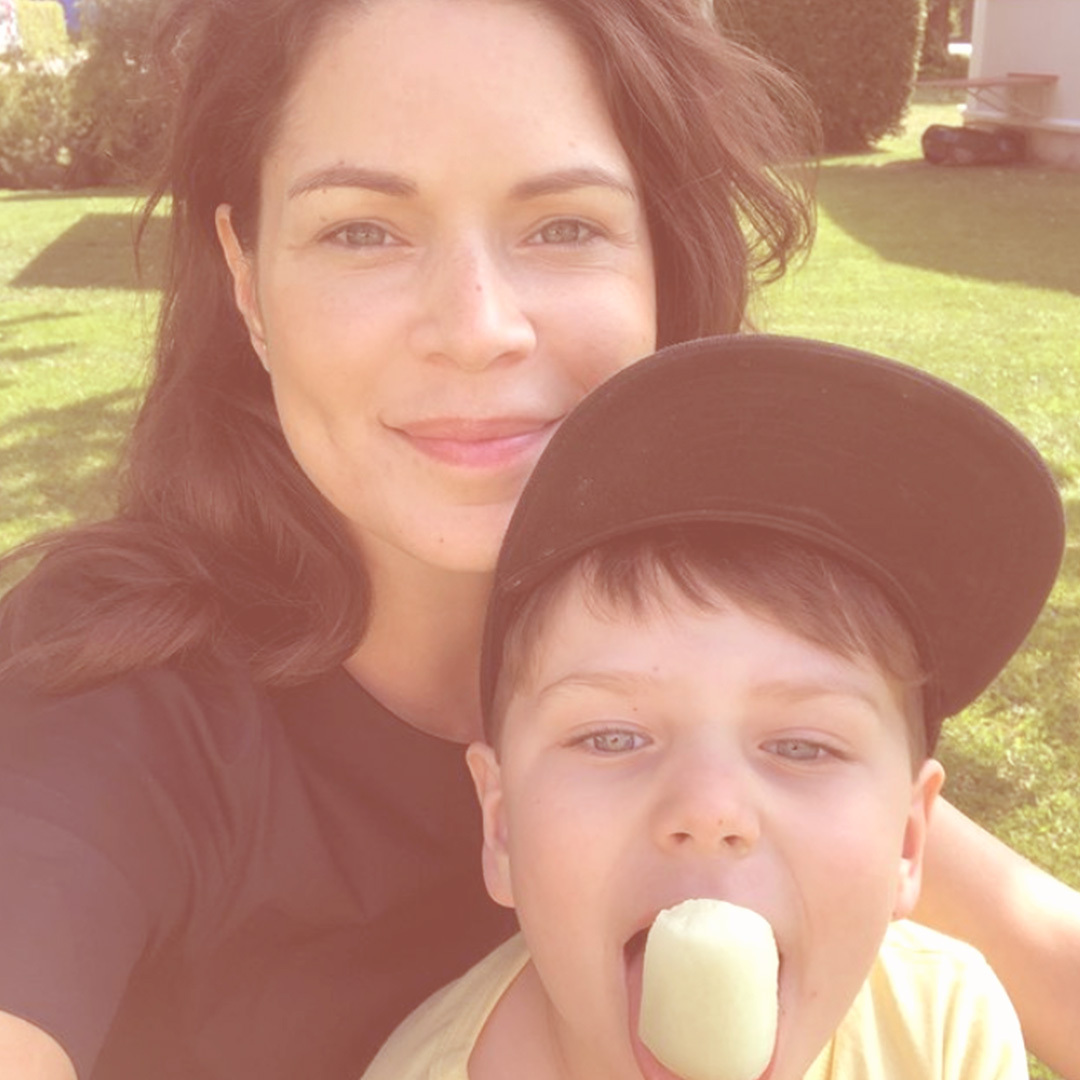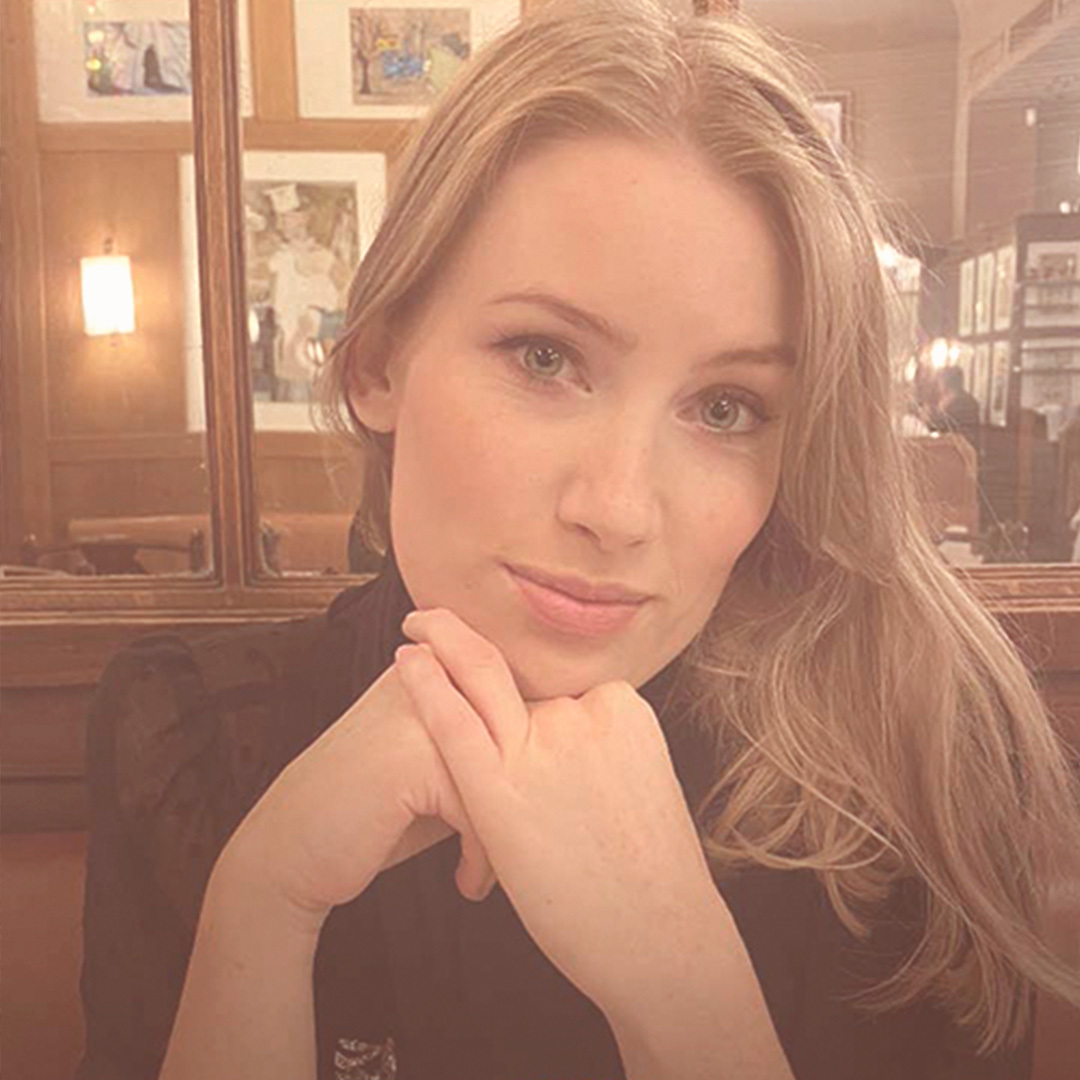Infertility – an emotional rollercoaster

Emotions are both wonderful and terrible. Without contact with our emotions, both positive and more painful, it becomes difficult for us to experience closeness in relationships, know what we want and make decisions. When we are not in emotional contact with ourselves, life feels colorless and sometimes even meaningless. Emotions are the taste, the texture, the rhythm of our lives. This applies to both positive emotions and more painful emotions.
Emotions can also be incredibly painful and hold us back in experiences and memories in a purely physical way. Our emotions can be overwhelming and difficult to manage and understand. Both for ourselves and others. Then emotions instead create distance between us. Different emotions exist at the same time and pull us in different directions. We may want to do everything we can and give up at the same moment. Cry in a small pile and turn on at the same time. It becomes difficult to unwind and sleep can suffer. The fatigue makes it even more difficult to take care of our emotions.
Emotions are indeed a necessary evil for us humans in many ways. Our emotions give us information about how we and others feel and impulses to action to address problems. Different emotions pull us in different directions and conflicts can easily arise between the impulses of the emotions. if we have gained a decent understanding of our emotions and have been treated ok throughout life, it is easier to be with our emotions and understand how we should use them. If we have a reasonable balance in life, we can use those skills. In other situations it is more difficult.
Infertility is an incredibly emotionally challenging situation for many. Not for everyone, but for many. In an American study, half of the women and fifteen percent of the men reported that infertility was the life event that stirred up the most painful feelings. There are many reasons why involuntary childlessness is an emotional roller coaster. A coaster that spans both the present and the future:
• The practicalities around fertility treatments create stress by taking time and being quite costly.
• The boundary for bodily integrity is stretched, both during treatment and when cohabitation is to take place after hours, and hormonal effects add to the fluctuations.
• Life becomes a cycle and a constant wait. Waiting on examinations, answers, treatments, menstruation, ovulation, results etc. and then it starts all over again.
• A more profound existential stress is common. Who am I, who will I be, we without children? We are also forced to realize that we are not in control of our lives. The realization of powerlessness in the face of chance is transformative.
• Our relationships are affected, or perhaps not really our relationships, but the conditions for them to function as before. Other people's pregnancies and children simply become triggers for the pain we carry. Feelings of guilt for inabilities and emotional reactions make it difficult to be in some relationships in the same way as before.
• Maybe me and a potential partner have different ways of dealing with painful feelings, which makes it difficult for us to support each other.
• Fertility is sometimes described as `a grief without the right to grieve`. A loss is a loss, but it can be difficult for those around you to understand how big a loss, for example, a message about not being able to have biological children or a miscarriage can be. It is not just the event itself that matters, but the life map with all dreams must be rewritten.
When we end up in an emotional `overload`, it has consequences. We may begin to sleep badly, lie awake and wonder. The anxiety arises in the chest both during the day and at night. Maybe I can still function, or even avoid thinking about my situation, by keeping myself busy during the day. Work a lot and be active, with the risk that I won't get the recovery I need and end up exhausted. Or everything starts to feel more and more hopeless and I sleep more and more. Maybe I find it hard to get out of bed and get on with the day. The despondency weighs on me and tempts me to withdraw. None of this is strange or dangerous for short periods of time, but when you notice it's setting in, it might be a good idea to seek help. It is no wonder that infertility can bring with it anxiety, depression, exhaustion, etc. The list above captures some of the reasons for that.
Befriend your emotions
Several studies have shown that many people living with infertility have difficulty being with and regulating their emotions. This can be attributed to many reasons and the main one is that it is a situation that activates months of strong emotions. It is more difficult to juggle 30 balls than 3.
The first thing we can do is actually think about whether there are currently too many triggers for me, and whether I need to opt out of some situations. It hurts when life sprinkles salt in the wounds over and over again. It is ok to skip some of the salt. Self-care doesn't make you a bad person.
We cannot opt out of our emotional reactions, no matter what they are. Emotions come as a result of the situation, and the emotional wounds that the situation may activate in us. So the second thing we can do is stop judging ourselves and scolding ourselves for how we feel. We cannot choose what we feel.
The third thing we can do is understand that our emotions serve a function and listen for their message:
• Anger is about boundaries. That someone or something has stepped over our or other people's line, or is at risk of doing so. Anger wants to mark your boundaries in different ways.
• Fear/worry is about consequence. You worry that it is your brain's job to try to anticipate dangers, obstacles, problems and solve them first. The worry wants you to act or to avoid.
• Sadness/grief helps us see what is important to us and alert us to losses. Grief hurts and can come as despair, but helps us process losses in the presence of care. When sadness is accompanied by fear in tor amounts, it becomes more hopeless and resigned.
• Shame helps us become aware that we deviate and risk not fitting in. Shame wants to make us do everything we can to be accepted and fit in in different ways.
So when you feel the emotions tearing at you, try to identify which emotions are present and why it is completely understandable that these appear right now. Listen to what the emotions are trying to alert you to and thank them for the warning. Emotions are there to help us and will appear even in situations beyond our control. Like infertility. Then think about what you can take from the message of the feelings. Do you need to mark a boundary in a balanced way? Do you need rest? Do you need answers to questions? Need to distract your worries for a while? Need to cry for a while? Need to remind yourself of your worth? Looking for friends or forums for support?
What we are not very helpful in doing, at least not in the long run, is trying to stop or numb our emotions. First, it leads to greater stress, and secondly, we lose a lot of important information about how we are doing and what we need. The feelings don't go away, but it takes strength to hold them back.
With a kinder and more curious attitude towards our emotions, we can use our emotions instead of passively going along with the rollercoaster. It is emotional intelligence: being able to feel what I feel, separate different emotions from each other, be able to confirm the emotions and use their message in a balanced way. Then it also becomes easier to have several emotions at the same time, which we often have. It's fine to be happy, angry, sad and worried at the same time, without being overwhelmed. We understand our feelings, we understand ourselves.
The downside is that if I wasn't helped to understand my emotions when I was growing up, it will be more difficult to deal with my emotions as an adult. So it might be wise to ask for help with that. Experiences I carry with me from the past can be activated and arouse emotions that become difficult to understand and manage. An alienation in the past can make a feeling of alienation in infertility harder to bear. My emotional reactions may not be perceived as reasonable in the situation, by myself or by others. If you feel that you do not understand your reactions, it may also be wise to ask for help. Do you have different ways of dealing with your emotions than your partner? And do these differences clash? Then there is also the opportunity to ask for help to understand these clashes and find a way to work through these. Help is available when needed. Infertility is tiring enough as it is, being friends with your feelings makes the road easier to walk.

Article by
Linda Wiik
Licensed Psychologist
Other Articles

Samantha's Story
I knew from the start that it was hard to conceive a child of our own with my partner. As a child he... Read article

Male factor infertility
The definition of male factor infertility is when the cause of infertility within a couple is becaus... Read article

Endometriosis
The European Society of Human Reproduction and Embryology (ESHRE) has recently released an updated g... Read article
.jpg?alt=media&token=912e3772-6724-4c20-a29e-201478dda308)
Intrauterine Insemination
Intrauterine insemination (IUI), also called artificial insemination (AI), is a type of fertility tr... Read article

Jessica Olers's Story
Sometimes it doesn't turn out as planned. Ever since I was little, I have dreamed of a big family wi... Read article

Jessica’s Story
I have been pregnant three times. Or actually while writing this story, I am pregnant. But I don't f... Read article

Klara’s Story
Our infertility journey started two years ago. The process has not at all been what we expected and ... Read article
.jpg?alt=media&token=fc32a2e6-a127-4170-b5fb-b9338770ed1a)
The effects of Vitamin D on fertility
Vitamin D is a vitamin synthesized in the skin through sun exposure (UVB radiation). Moreover, vitam... Read article

Veronica’s Story
To make babies. Nowadays that phrase has a completely different meaning.In february 2019 we decided ... Read article

Tova’s Story
This is #mybumpystory - an emotional rollercoaster with repeated miscarriages and hopefully soon a b... Read article